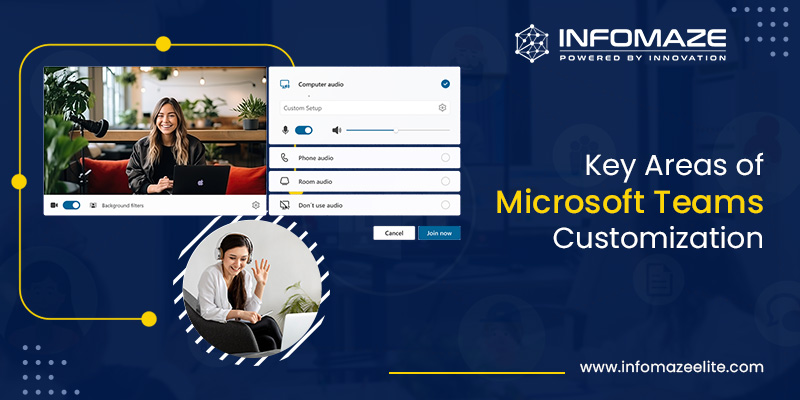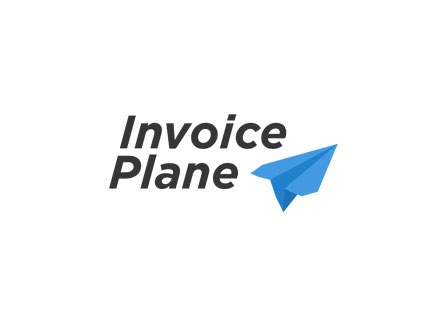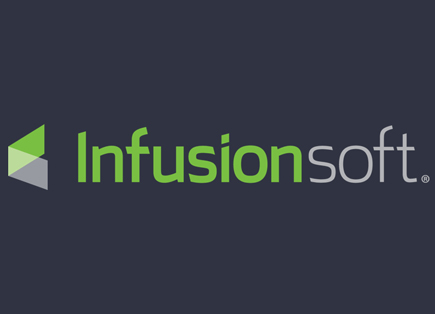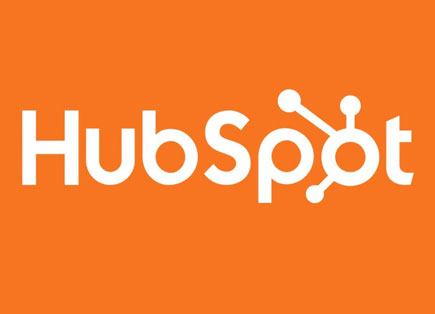Customizing Microsoft Teams for Your Business Needs
In today’s rapid business world, the importance of communication and proper collaboration cannot be overestimated in the company’s performance. When comparing all the other applications, the primary focus application, Microsoft Teams, has been the most effective in catering to the needs above. However, to achieve this, customizing Microsoft Teams for business is necessary; hence, companies need to know what is appropriate for their type.
Let’s look at the customization of Microsoft Teams and its factual improvement, which introduces a different way of operating the general business.
The Importance of Customizing Microsoft Teams
Integrating Microsoft Teams into businesses makes it easier for businesses to set up an environment that suits their needs and business models. Customization can encompass everything from integrating particular applications into the system to automating the workflow, which can increase communication productivity, improve project management, and bring added value to collaboration.
Benefits of Microsoft Teams Customization
Enhanced Collaboration:
Customizing Microsoft Teams makes it easier to enhance and improve the flow of communications and collaboration since it incorporates tools most often used in the course of work.
Improved Productivity:
Such workflows and automation help decrease employees’ routine workload and let them perform more important actions.
Better Project Management:
In this case, the integrations and customizations make project management easier and more efficient.
Increased Adoption:
This helps customers achieve the fit they require to boost their usage of the Teams application.
Key Areas of Customizing Microsoft Teams
Microsoft Teams for Project Management
Microsoft Teams is an essential tool for project management in today’s business world. It helps businesses succeed by providing the tools to manage projects from start to finish. This includes creating project or team channels and seamlessly integrating Microsoft Planner or Trello with Teams.
Key features include:
Task Management:
Enables one to easily plan and arrange all the tasks in Teams, keeping the track of current status and any information shared with the rest of the team members.
Collaboration Tools:
Use it to control the channels and provide chats and video calls for team meetings or virtual meets to enhance team members’ communication.
File Sharing and Storage:
Documents and files created and employed during a project are spread/shared and easily usable and secure.
Project Dashboards:
These can take the form of a sequence of customized locations that offer a real-time view of the project and its progress.
Microsoft Teams App Integrations
The prime characteristic of the Microsoft Teams app integrations is that they allow linking other third-party applications and solutions directly into Teams. Popular integrations include:
Office 365 Apps:
Outlook integration, SharePoint integration, OneDrive integration, etc.
Third-Party Apps:
Connect CRM systems such as Salesforce, Wrike, Trello, and various other applications.
Custom Integrations:
Develop custom Teams integration to connect any unique or proprietary systems your business uses.
Microsoft Teams Workflow Automation
In Teams, the possibility of automating some processes within the application greatly increases the effectiveness and timeliness of work. Microsoft Teams workflow automation helps the business avoid manual distribution and duplication of activities. Examples include:
Automated Notifications:
Create alerts, such as task update alerts, meeting reminders, and similar notices.
Approval Workflows:
Optimize handling documents, expenses, and other requests requiring approvals.
Data Integration:
Synchronize what is shared between Teams and other apps so that the data flow is correct and up to date.

Customizing Microsoft Teams’ Appearance
It should be remembered that a visually appealing and intuitive interface can significantly enhance user experience. Customizing the interface of Microsoft Teams as the ability to cater its appearance to your employees’ preferences directly contributes to work satisfaction and a better understanding of how the tool works and how it should be used.
Themes and Backgrounds:
This is useful, particularly when the other elements of the spaces created match the company’s branding. This can involve setting logos unique to that meeting, background colors, and images.
Tabs and Layouts:
Organize tabs and layouts to promote frequently utilized tools and details to your staff. This can include enabling the push of relevant apps or websites into your channels for easy access.
Notifications and Alerts
Customizing how and when alerts are received avoids missing critical information and reduces the clutter of unwanted notifications due to flexibility in the alerts’ frequency and type specifications.
Personal Notifications:
This option allows users to personalize notification options regarding received chats, mentions, or the specific channel. This proves useful in minimizing the number of alerts one will likely receive.
Team-wide Alerts:
Additionally, it is possible to specify that every team member receives an essential update or announcement.
Creating and Managing Teams Policies
Policies are necessary to enforce in large organizations to maintain productivity and order, especially when using Microsoft Teams.
Team Creation Policies:
After managing the creation permission of new teams, you can effectively prevent team sprawl and maintain your organization’s building.
Guest Access Policies:
Specify conditions for externally admitted users to prevent confidential data leakage when interacting with the company’s partners.
Data Retention Policies:
Organizational data retention policies must be established for legal and regulatory compliance.
Security and Compliance
Security is a critical issue that will always be of the essence in any firm relying on collaboration tools. Customizing security settings in MS Teams assists in guarding the company’s information and adhering to legal requirements.
Multi-Factor Authentication (MFA):
Simplify organizations using Teams and implement MFA to help enhance user security.
Conditional Access Policies:
Use conditional access policies to manage users’ access to Teams and the conditions under which they have access. These policies allow for options such as the user’s location or the device they use to access Teams.
Information Barriers:
Due to its overlying communication benefits, use information barriers to minimize interaction between various areas of your organization by denying them access to each other’s information.
Training and Support
If you want your clients to get the most out of the applications they use, especially Microsoft Teams, you must offer a focused orientation.
User Training:
Customers should be offered frequent updates on how to use the product because these frequently change.
Support Channels:
Design specific discussion forums within Teams where users can pose queries and get help without delay.
Resource Libraries:
Use manuals, Frequently Asked Questions sections, and video tutorials, which users can access independently and at any time.
Custom Tabs & Bots
Using custom tabs and bots enables Microsoft Teams users to easily access relevant information and interact with bots. For example, a custom tab can show the company’s performance updates or any important statistics in a dashboard.
Microsoft Teams consultation services
Microsoft Teams is a rather complex application that offers numerous features that could seem overwhelming to a user. Business consultants in Microsoft Teams focus on defining their clients’ requirements and subsequently implementing them. These services include:
Needs Assessment:
Determining the needs of your business and how the use of Microsoft Teams resolves them.
Customization Planning:
A specific strategy to educate clients about implementing such modifications and enabling the added connections.
Implementation:
How to ensure that even when you go for the client’s custom solutions, there will be no difficulties in your business processes.
Training and Support:
Continuing education and assistance will guarantee that your personnel can work with the additional settings developed.
Infomaze Microsoft Consulting Services
Infomaze offers comprehensive Microsoft Teams consulting services to help businesses customize and optimize their Teams environment. Our experts can give precise recommendations for implementing Microsoft Teams with the following services:.
Microsoft Teams Consulting:
Consultation and ideas on how your organization’s Teams setup can be optimized to achieve its goals.
Microsoft Teams Development Services:
Application development to create capabilities and connectors that improve the use of Teams.
Microsoft Teams Customization:
You can customize the Teams application if you require specialized features.
Training and Support:
Due to the extensive range of features and functionalities available, constant help and guidance are required to ensure that the employees use the platform optimally.
Businesses that want to enhance their collaboration and communication approaches must integrate the options available in Microsoft Teams. The potential of having a more optimized project management tool and interface through customization involves improvements that can immensely work for the company’s benefit because of the features that make it possible to integrate key applications and automate some critical workflows to save time.
Contact Infomaze now and transform Microsoft Teams into an efficient and effective collaboration tool for your business.
Categories
- Application Migration (8)
- BI (7)
- Case Study (24)
- CRM (8)
- Dot Net (8)
- Informational Blog (66)
- IT Help Desk (8)
- Mern Stack (1)
- Microsoft 365 (2)
- Mobile Application (9)
- Offshore Development (10)
- Outsourcing Services (1)
- PHP (11)
- PowerBI (7)
- QuickBooks (5)
- ReactJS (4)
- SEO (14)
- SharePoint (3)
- Web Application (10)
- Xero (1)
- Zoho (12)
- Zoho Case Study (28)




Disclaimer: All rights belong to the owner. No Copyright or Trademark Infringement Intended.





